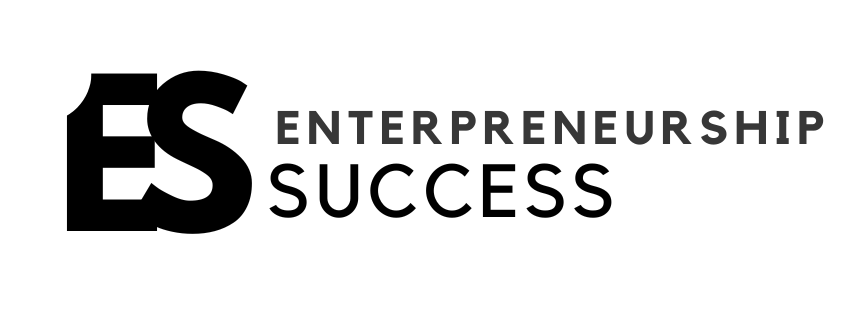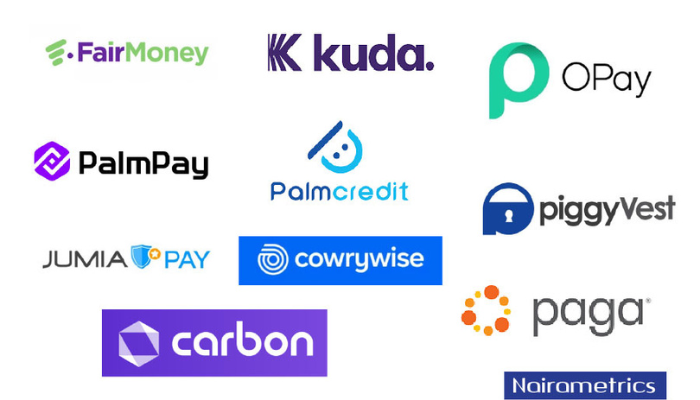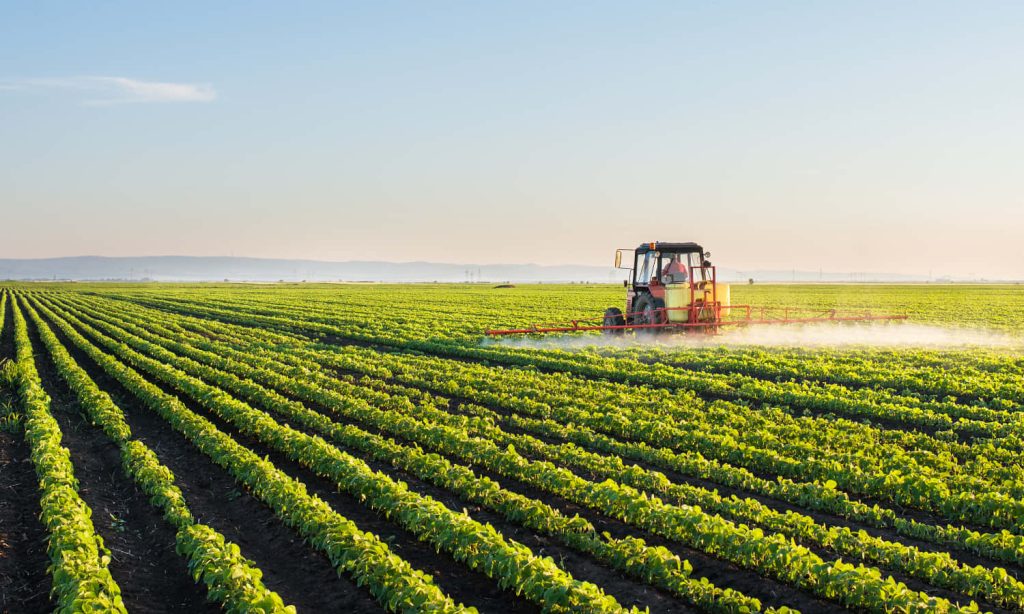Tourism and Culture in Nigeria
Tourism and Culture in Nigeria Documentary Title: “Nigeria: The Beating Heart of Culture and Tourism” [Opening Scene: Aerial view of Zuma Rock, then shifting to the bustling Lagos coastline. In the heart of West Africa lies a nation with a soul so vibrant, its rhythm can be felt across the globe. This is Nigeria—Africa’s giant, a land of over 250 ethnic groups, breathtaking landscapes, and a cultural heritage as rich as its natural resources. Tourism Treasures Cut to visuals of Olumo Rock, Erin-Ijesha Waterfalls, Obudu Cattle Ranch. From the rocky heights of Olumo Rock in Ogun State to the cascading waters of Erin-Ijesha Waterfalls in Osun, Nigeria boasts some of the most diverse tourist attractions in Africa. The Obudu Mountain Resort in Cross River offers a blend of nature and luxury, while the Sukur Cultural Landscape in Adamawa—recognized as a UNESCO World Heritage Site—stands as a monument to centuries of civilization. Coastal Wonders Scenes from Tarkwa Bay, Badagry Slave Port, Lekki Conservation Centre Along the Atlantic coast, Lagos offers vibrant beach life at Tarkwa Bay, historical reflections at the Badagry Slave Port, and a walk in the clouds along the canopy walk at Lekki Conservation Centre—Africa’s longest sea coast. Cultural Diversity Montage of Egungun festival, Argungu Fishing Festival, Durbar in Kano Nigeria’s cultural tapestry is woven from the threads of ancient traditions and modern expression. In the South West, the Egungun Festival brings ancestral spirits to life. In the North, the Durbar Festival transforms cities like Kano and Katsina into scenes of regal horsemen and royal pageantry. The Argungu Fishing Festival in Kebbi State is a cultural and sporting marvel, where hundreds dive into the river to catch the biggest fish—by hand. Arts, Music, and Fashion Clips of Nigerian drummers, Afrobeats concerts, Aso-Oke weaving, and fashion runways. From traditional drumming to the global beats of Afrobeats, Nigeria’s music moves the world. Its fashion, seen in the vibrant patterns of Ankara, Aso-Oke, and Adire, tells stories passed down through generations. The country’s art scene thrives in galleries from Lagos to Abuja, celebrating both heritage and innovation. Royalty and Architecture Visuals of the Palace of the Ooni of Ife, Benin Bronze sculptures, Northern mud palaces. Nigerian history is deeply rooted in powerful kingdoms—the Benin Empire, the Oyo Empire, the Kanem-Bornu Empire. Their legacies live on in palaces, shrines, and artifacts like the Benin Bronzes, now celebrated worldwide for their craftsmanship and cultural significance. The Future of Tourism Shots of modern airports, tour guides with visitors, cultural centers, youth-led tourism startups. With increased investment in infrastructure, digital innovation, and cultural preservation, Nigeria’s tourism sector is poised for exponential growth. Home to a young, creative population, the country is redefining travel experiences with authenticity, warmth, and pride. Closing shot: Nigerian children waving flags, dancers in traditional attire, sunset over a savanna. This is Nigeria—where every dance, drumbeat, and destination tells a story. Come, explore her wonders. Feel her heartbeat.





